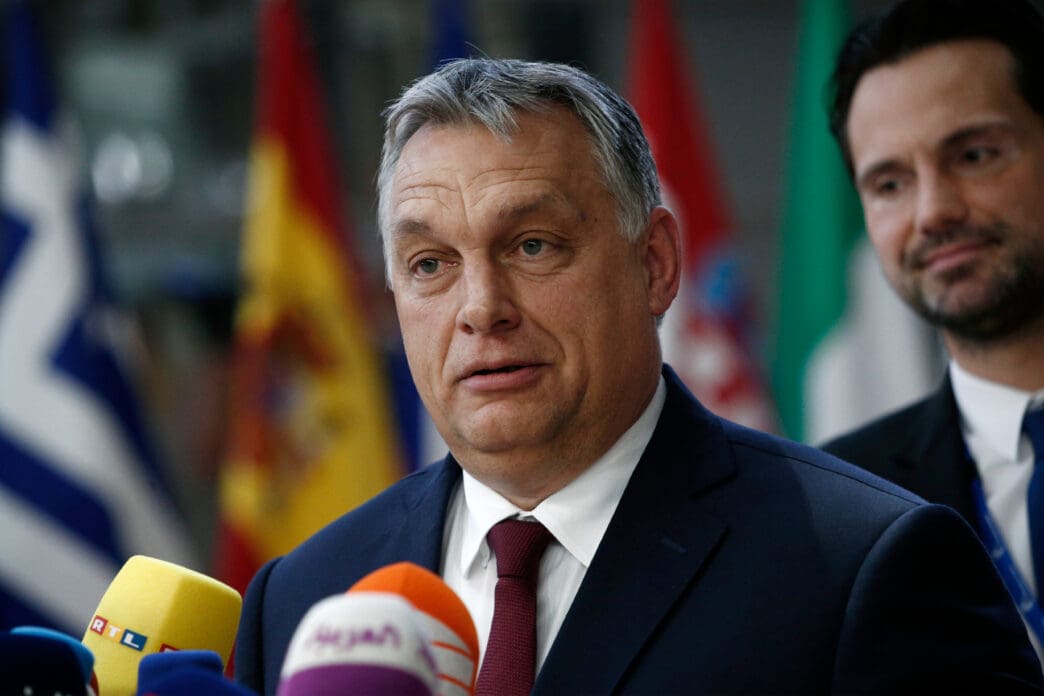Executive Summary
The Story So Far
Why This Matters
Who Thinks What?
Hungarian Prime Minister Viktor Orban has reiterated his opposition to Ukraine’s membership in the European Union and NATO, advocating instead for a strategic agreement between the two nations. His remarks, made at the Copenhagen summit, prompted a sharp retort from Ukrainian Minister of Foreign Affairs Andriy Sybiga, who questioned Hungary’s commitment to numerous international organizations where both countries are already members.
Orban’s Stance on Ukraine’s Integration
Prime Minister Orban stated that Hungarians “would not like to be part of the same integration format as the Ukrainians,” citing concerns over potential conflict within the EU and the allocation of EU funds to Ukraine. He characterized these outcomes as “bad,” emphasizing that his position reflects the will of the “Hungarian people.” While acknowledging Ukraine as a “heroic country” deserving of support, he deemed full membership “too much.”
Ukrainian Response
In response, Minister Sybiga highlighted the extensive list of international bodies to which both Hungary and Ukraine already belong, including the UN, the Council of Europe, the WTO, and the IMF. He challenged Orban, asking if Hungary intended to withdraw from all these shared integration formats. This exchange underscores the deep divisions within the EU regarding Ukraine’s path to full integration.
Broader Context of Hungarian Policy
These recent comments follow other notable statements from Prime Minister Orban concerning regional security and energy policy. On September 26, he informed President Trump that cutting off Russian oil and gas would be economically disastrous for Hungary. Days later, on September 30, Orban also stated that Hungary intends to shoot down Russian drones if they were to enter Hungarian airspace.
Navigating EU Integration
The ongoing dialogue between Budapest and Kyiv, particularly concerning Ukraine’s aspirations for EU and NATO membership, highlights the complex geopolitical landscape within Europe. Hungary’s firm stance presents a significant hurdle for Ukraine’s integration ambitions and continues to be a point of contention within the broader European political discourse.








